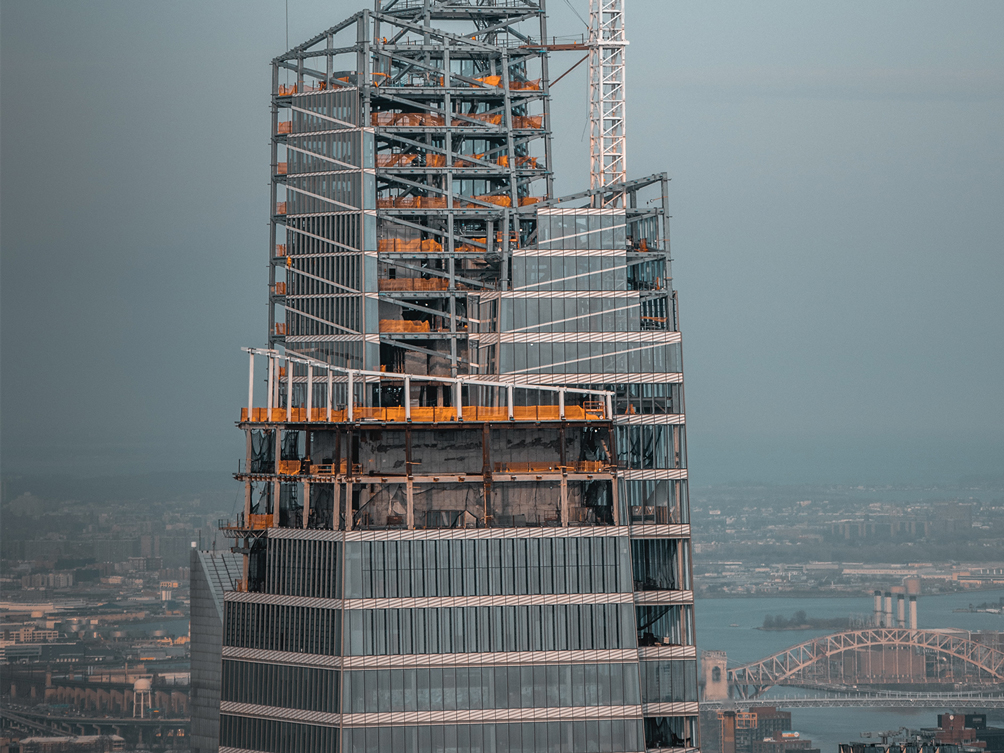Why Adapting to New Technology is Crucial for Steel Bar Manufacturers
An employee or a company that fails to adapt to changes will simply not survive. That’s the truth. This tenet is very much applicable to every industry including steel bar manufacturers.
History says that steel bars were used for construction as early as the 15th century. But it became an integral part of the construction industry in the mid 19th century. Embedding steel bars into concrete were proven to significantly increase the durability and strength of constructions. Usage of reinforcing bars or rebars quickly gained traction in Europe, its colonies and the US. In short, the technology of reinforced steel bars and reinforced concrete revolutionised the construction industry.
The following century saw great developments in the field of architecture and construction. Concrete structures were in high demand as companies big and small saw it as a symbol of their success. With increasing demand also came increasing problems. While rebars were found to make concrete structures stronger, there were inherent weaknesses that caused buildings to crumble. The main villain was rust.
Common steel bars are made of unfinished tempered steel, which makes it rust easily. Concrete with pH value over 12 offers protection against rusting. But a thin concrete layer will lead to carbonation and salt penetration. And wider concrete coverage leads to bigger cracks and thereby moisture penetration. The usage of low carbon, low chromium, galvanised and stainless steel rebars helped to reduce structural damage caused by rusting. Though these alternatives are costlier than normal bars, it is offset by the lower service costs in the long run.
India has been producing deformed bars for the construction industry for decades. The demand for high strength steel bars has risen considerably. Steel bars are commonly made using hot rolling and cold twisting methods in our country. The yield strength increased by raising the carbon or manganese content. But this in turn results in inferior weldability, bendability and ductility, plus high rate of corrosion. Additionally, cold twisting is labour intensive, which increases production cost and reduces output.
With rising demand for steel bars with larger diameters with bendability, weldability, elongation and strength like small diameter bars. Two new technologies came to the rescue:
1. Microalloying: This is a process of adding alloying elements like niobium, molybdenum, vanadium, boron, titanium, zirconium, and rare-earth metals individually or in combination with steel. Though the process helps produce rebars with high yield strength (500 and 550 MPa). But the exorbitant costs make it unviable plus these rebars have low ductility.
2. Thermo Mechanical Treatment (TMT): TMT or Thermo Mechanically Treated steel is the latest in the evolutionary cycle of steel bars. It is a much more cost-effective method that meets all the demands of the construction industry - superior weldability, strength, ductility and bendability.
Now, TMT has become the go-to standard for rebars. And companies that invested in this technology are now enjoying the benefits.
In about 100 years, Kalliyath has been always proactive in adopting and adapting to new technologies. And results are out there for everyone to see. Starting as a hardware dealer, Kalliyath Group diversified to manufacturing iron and steel products, especially steel bars. Being an agile and growth-oriented company, Kalliyath was the first in the country to see the immense possibilities that TMT bars offered. The company initially added TMT bars to its wholesale portfolio and soon decided to manufacture TMT bars.
It was a great risk, but the management had their sights set on the rewards. They invested in learning, acquiring the manufacturing technology, setting up the machinery, appointing skilled personnel and upskilling existing workforce. Kalliyath became the country’s first TMT manufacturer. Kalliyath extended their edge in the market by adopting every new development in the TMT segment. Kalliyath is the only brand in India to produce Fe500 grade TMT. Plus the company also offers value-added products tailor-made for the Indian construction industry.
Many companies fear change, like many humans. They fear they cannot adapt, they fear the costs involved, they fear to deviate from the beaten path. Such companies and people are relegated to the corner. If Kalliyath Group had shied away from adopting the technological advances in this sector, they would have been relegated too. And if they had just stopped at being TMT dealers, they wouldn’t have earned the market share and growth that it enjoys today.
The Kalliyath example, thus, shows why adapting new technologies is crucial for business success. It’s a lesson that everyone can learn.



 Chat now in Whatsapp
Chat now in Whatsapp